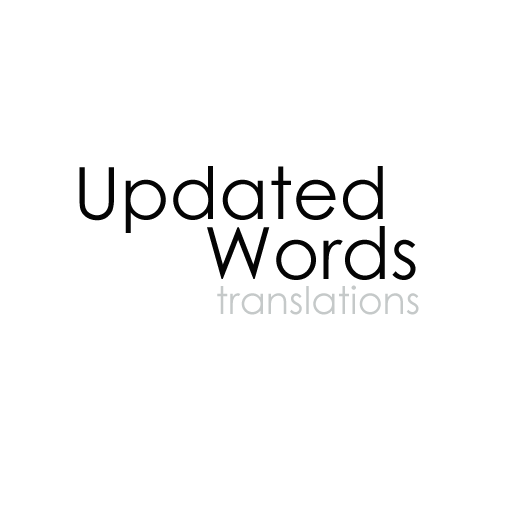Translate or not translate, that is a question we ask ourselves so many times, especially at the beginning of our career. The fear clients may ask why a certain word is not translated, especially when they paid for that translation. The truth is, most languages adopt loanwords, in some industries foreign words are commonly used, therefore, sometimes you don’t do it at all.
Loan words
According to Collins Dictionary a loan word is:
noun
a word adopted, often with some modification of its form, from one language into another
Collins English Dictionary. Copyright © HarperCollins Publishers
These words are used commonly and frequently and they are well recognised by the general population. In English, we have words like resumé (from the French resumé) and for example, in Brazilian Portuguese, we have trem (from the English word train). Most times they suffer modifications to adapt to the language and culture of the country adopting them. In the case of “resumé” pronunciation is different to fit English phonetics, but for the case of trem, the word suffered more than one adaptation. Its spelling and pronunciation are different from the word it originated from.
Technical words
In some fields like IT, the English language is widely accepted. So, when translating a text in these fields, a lot of words won’t be translated because there is no translation for them and they are accepted universally. Some may have a translation but that is not widely used because people in those fields adopted the foreign term.
Translate or not translate?
It is a simple decision. General loanwords are widely known and they suffered alterations or they became a part of their adoptive language.
In the case of technical words is a case of research. Knowing the target audience and what are the terms used by that audience. My experience is that you will find lots of words that you simply can’t translate. The secret is doing your research and make sure you make the right decision. It is ok not to translate if that is the word used in the target language, most clients in technical fields are well aware of this and that won’t be an issue. However, you also have to take into consideration the variant of the language, because a country may use the foreign term but another may have its own.

